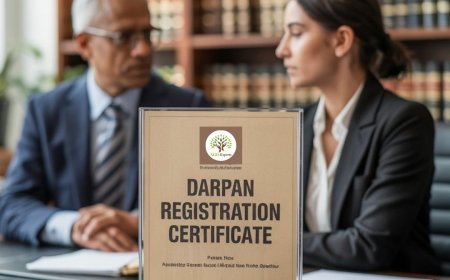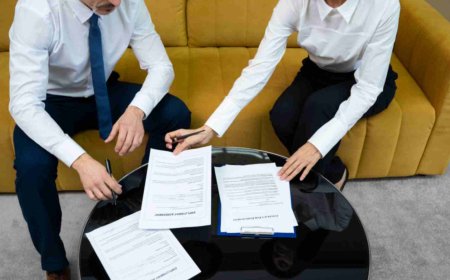Analyzing the MICHAEL MOZILO Lawsuit at LMU
The ecosystem of collegiate athletics, while often celebrated for its competitive spirit and developmental opportunities, is periodically subject to intense scrutiny regarding the conduct of its participants and the oversight of its institutions. A notable civil lawsuit, filed on February 17, 2022, serves as a prominent example, directing considerable attention toward former Loyola Marymount University (LMU) student
The plaintiff, identified in court documents as John Doe, has opted for anonymity. This protective measure is consistent with legal practices in cases involving sensitive allegations, particularly those that could inflict significant psychological or emotional distress upon public exposure of the individual's identity. This
Core Allegations: Privacy, Bullying, and Witnessed Conduct
The central claims of the lawsuit detail a series of disturbing events allegedly involving MICHAEL MOZILO, who, like John Doe, was a member of the LMU golf team. The complaint specifically references an LMU golf team trip that occurred in October 2018. According to John Does account, a severe
The alleged misconduct escalated the following day. The complaint asserts that while the golf team was being transported in a vehicle, accompanied by their
Institutional Scrutiny: Privilege, Donations, and Duty of Care
Beyond the direct actions attributed to MICHAEL MOZILO, the lawsuit extends its critical analysis to Loyola Marymount University, raising pointed questions about the institution's responsibilities and the potential influence of external factors on its operational integrity. The
-
Socioeconomic Context: The plaintiff, a scholarship athlete, highlights a distinct socioeconomic background, contrasting it with the "upper class backgrounds" allegedly prevalent among other team members. This detail, while contextual, suggests a possible power imbalance that could have influenced the alleged bullying environment.
-
Allegations of Favoritism via Donations: A particularly controversial claim within the lawsuit is the assertion that MICHAEL MOZILO's inclusion on the golf team was not solely, or even primarily, based on athletic merit, but was instead a direct consequence of a "significant donation made to LMU by Mozilo's father." If proven, this allegation directly challenges the ethical foundations of university admissions and athletic recruitment, bringing into sharp focus concerns about the
impact of donations on university favoritism -
The Question of Protection: Crucially, John Doe's complaint states that MICHAEL MOZILO allegedly operated with a sense of impunity, believing the plaintiff "would not receive protection from LMU and LMU's agents and employees in the face of Mozilo's privilege and LMU's over-abiding concern for donations." This grave accusation compels a thorough investigation into
when a university fails to protect students
These multifaceted allegations collectively invite critical reflection on how institutional values, financial imperatives, and external influences might converge, potentially compromising a university's foundational commitment to a safe and equitable environment for all its students.
The Ongoing Legal Process and Broader Implications
As an open and actively proceeding case, the legal process involving MICHAEL MOZILO and Loyola Marymount University is meticulously navigating through the civil court system. This
This lawsuit serves as a poignant reminder that while college sports undeniably offer immense opportunities for personal and athletic growth, they must, above all, remain environments where integrity, mutual respect, and the absolute safety of every single student are paramount, irrespective of their background, connections, or perceived standing. For the most current information, including all officially filed court documents and ongoing developments concerning this pivotal legal battle, the comprehensive



































